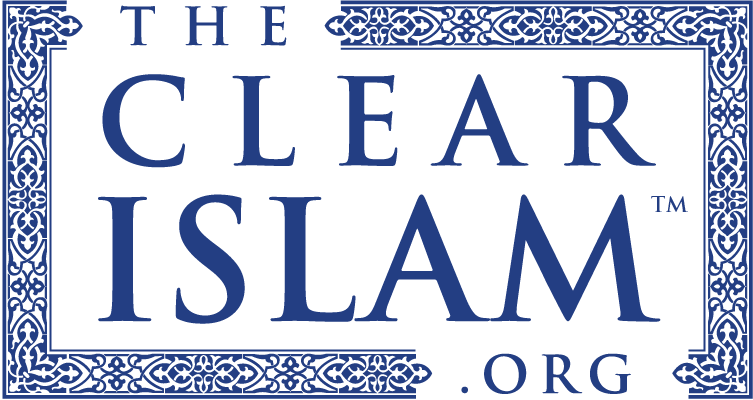In a world rich with diverse cultures and faiths, seeking to understand one another is an invaluable bridge to harmony and mutual respect. Often, when exploring different religions, questions arise as individuals endeavor to comprehend beliefs, practices, and the principles guiding various faiths. In the case of Jewish individuals curious about Islam, several queries commonly emerge, reflecting a genuine interest in understanding this multifaceted faith. Let’s delve into some of these frequently asked questions and shed light on the perspectives within Islam.
- What is the relationship between Islam and Judaism?
The relationship between Islam and Judaism holds historical significance. Both faiths share commonalities in their monotheistic beliefs, tracing their origins back to the Abrahamic lineage. Muslims honor many Jewish prophets, including Moses, Abraham, and David, considering them as revered figures in Islamic tradition. The Quran acknowledges the Torah (Tawrat) as a divine scripture and recognizes Judaism as one of the monotheistic faiths preceding Islam.
- How does Islam view the Jewish community?
Islam, at its core, preaches respect, tolerance, and inclusivity towards all religious communities. The Qur’an emphasizes the importance of respecting people of the book, which includes Jews and Christians. Muslims are encouraged to engage in peaceful interactions and maintain amicable relations with the Jewish community and other religious groups.
- What are the similarities and differences between Halal and Kosher?
Halal and Kosher dietary laws share some resemblances due to their emphasis on permissible foods and specific slaughtering methods. Both Halal and Kosher requirements forbid the consumption of pork and blood. However, there are differences in the methods of animal slaughter and certain specific dietary laws that distinguish the two.
- How does Islam address social justice and charity, similar to Tzedakah in Judaism?
Islam highly values social justice and charity, promoting the concept of Zakat, which is an obligatory form of almsgiving aimed at helping the less fortunate. Muslims are encouraged to give a portion of their wealth to support the needy, similar to the Jewish practice of Tzedakah. Both principles highlight the importance of helping those in need and fostering compassion within society.
- What is the significance of Jerusalem in Islam?
Jerusalem holds immense significance in Islam. It is home to Al-Aqsa Mosque, the third holiest site in Islam, which Muslims believe Prophet Muhammad (PBUH) visited during the Night Journey. While Jerusalem is sacred in Islam, its reverence doesn’t negate the significance of other holy places in Islam spread across different regions.
In conclusion, these questions reflect a genuine interest in understanding Islam from a Jewish perspective. By engaging in dialogue and seeking authentic sources, individuals can foster mutual understanding and respect among diverse communities. Islam, like Judaism, emphasizes the values of compassion, justice, and devotion to the divine, illustrating the common ground between these two Abrahamic faiths. Such discussions offer an opportunity to bridge gaps, cultivate respect, and celebrate the diversity that enriches our global tapestry of faiths and cultures.
For our latest news, and to stay up-to-date with The Clear Islam, follow us on social media:
- Instagram: https://www.instagram.com/the_clear_islam/?__coig_restricted=1
- Facebook: https://www.facebook.com/TheClearIslam.org/
- TikTok: https://www.tiktok.com/@the.clear.islam?_t=8fsJechCatv&_r=1
- YouTube: https://www.youtube.com/FurqaanStudios
OR, give us a call at our Dawah hotline at +1 (866) 54-ISLAM


